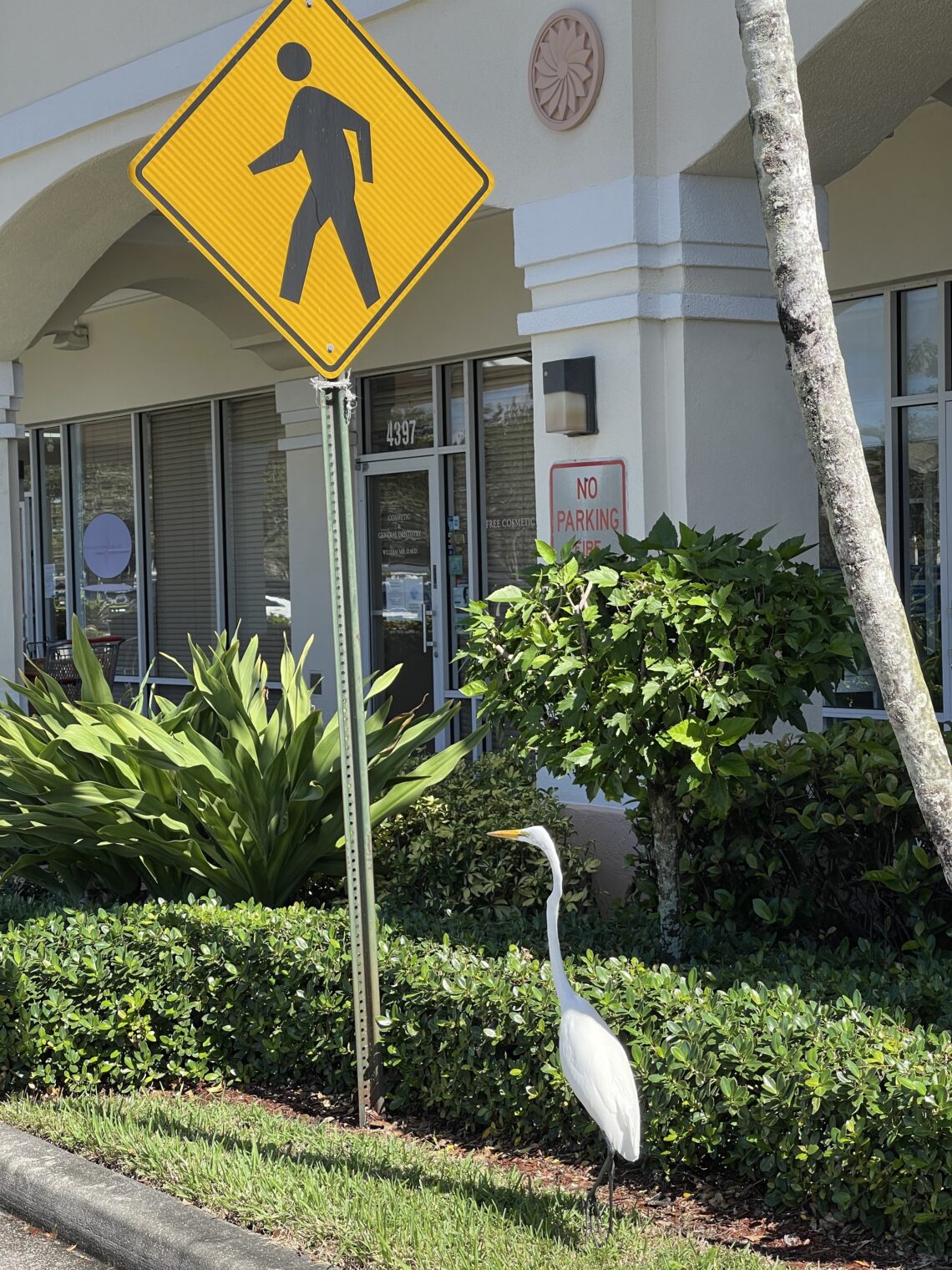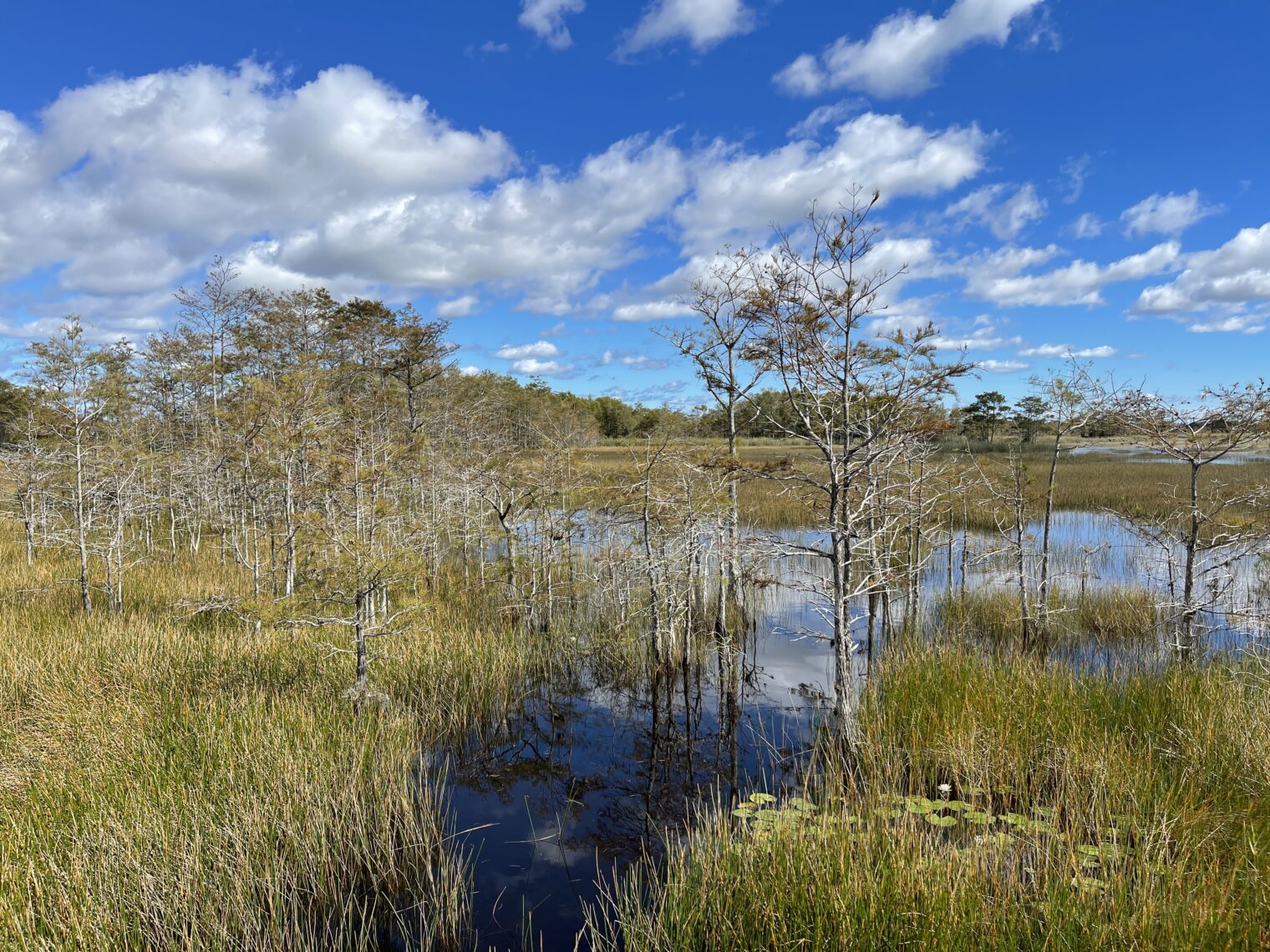Joe Biden’s campaign promises were similar to those of Pedro’s (“if you vote for me, all of your wildest dreams will come true”) in Napoleon Dynamite.
It has been a year. How did Biden deliver on the promised dreams?
First, let’s check the promises on archive.org, 10/29/2020. It was a “Battle for the Soul of the Nation.” Do we have a better soul today?
Biden promised “leadership during the COVID-19 Pandemic”:
Biden knows how to mount an effective crisis response and elevate the voices of scientists, public health experts, and first responders because he has done it before.
We need a decisive public health response to curb the spread of this disease and provide treatment to those in need — as well as a decisive economic response that delivers real relief to American workers, families, and small businesses, and protects the economy as a whole.
More Americans have died with a COVID-19 tag during the Biden administration than during the Trump administration. Did the dead people die happier under Biden because they heard the voices of scientists before they died?
Then there was “Joe and Kamala’s Plan to Beat COVID-19”:
Fix Trump’s testing-and-tracing fiasco to ensure all Americans have access to regular, reliable, and free testing.
Double the number of drive-through testing sites.
Invest in next-generation testing, including at home tests and instant tests, so we can scale up our testing capacity by orders of magnitude.
Stand up a Pandemic Testing Board like Roosevelt’s War Production Board. It’s how we produced tanks, planes, uniforms, and supplies in record time, and it’s how we can produce and distribute tens of millions of tests.
Create the Nationwide Pandemic Dashboard that Americans can check in real-time to help them gauge whether local transmission is actively occurring in their zip codes. This information is critical to helping all individuals, but especially older Americans and others at high risk, understand what level of precaution to take.
Immediately restore our relationship with the World Health Organization, which — while not perfect — is essential to coordinating a global response during a pandemic.
By how many orders of magnitude was our testing capacity scaled up? Just two orders of magnitude (100X) or did Biden/Harris get us 10,000X the testing capacity that prevailed in the Dark Days of Donald?
And where did President Biden hide the promised “Nationwide Pandemic Dashboard”?
How about the economy? Did Biden promise the highest inflation since Jimmy Carter? Not according to Google. joebiden.com barely uses the word “inflation”. One thing that raging inflation will facilitate: Biden’s promise to raise the minimum wage to $15 per hour, which will also be the price of a stick of chewing gum.
Foreign policy?
Biden will end the forever wars in Afghanistan and the Middle East, which have cost us untold blood and treasure. As he has long argued, Biden will bring the vast majority of our troops home from Afghanistan and narrowly focus our mission on Al-Qaeda and ISIS. And he will end our support for the Saudi-led war in Yemen. Staying entrenched in unwinnable conflicts only drains our capacity to lead on other issues that require our attention, and it prevents us from rebuilding the other instruments of American power.
I’d say that President Biden delivered on this dream!
A taco shop at the Delray Beach Market:
Biden promised to discriminate in hiring on the basis of membership in the 2SLGBTQQIA+ community:
Biden will nominate and appoint federal officials and judges who represent the diversity of the American people, including LGBTQ+ people.
How many people who wouldn’t otherwise have qualified for high positions did Joe Biden appoint? And did they have to wear these socks in order to get hired? (also from Delray Beach)
On education:
The challenge facing our schools is unprecedented. President Trump has made it much worse. We had a window to get this right. And, Trump blew it. His administration failed to heed the experts and take the steps required to reduce infections in our communities. As a result, cases have exploded.
Joe Biden has a simple five-step roadmap to support local decision-making on reopening schools safely
Get the Virus Under Control:… Implement nationwide testing-and-tracing, including doubling the number of drive-through testing sites;
Where are these extra sites and how does one sign up for nationwide test and trace?
Readers, especially those who voted for Biden: did your dreams of what President Biden would do come true?
Full post, including comments 













